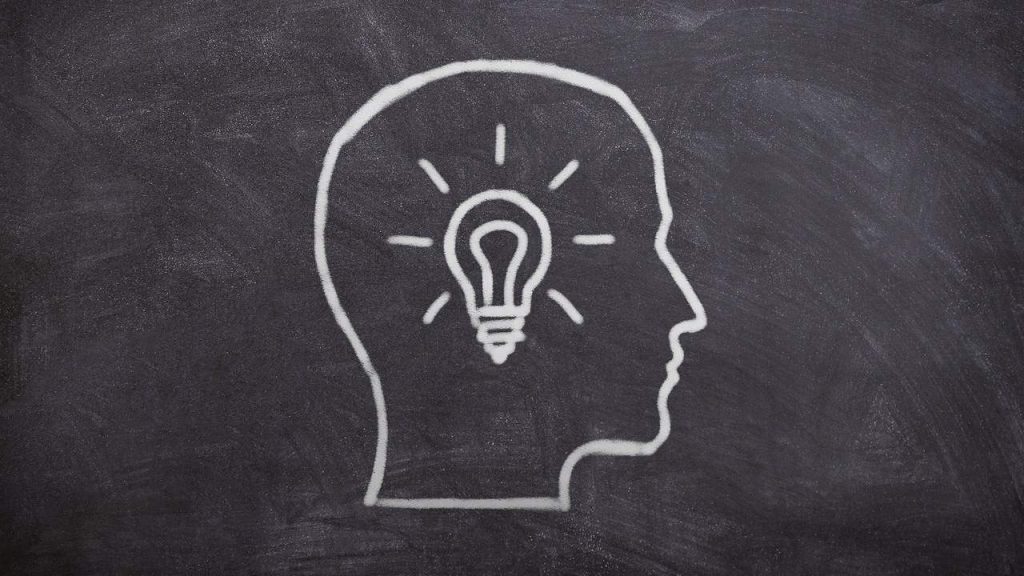Figuring out how the world works can be tricky! One question that pops up sometimes is whether using food stamps, also known as SNAP benefits, will mess with your credit score. Your credit score is like a report card for how well you handle money. It helps lenders, like banks, decide if they should loan you money for things like a car or a house. Let’s dive into this and see if food stamps have anything to do with it.
The Straight Answer: No, They Don’t!
Food stamps do not directly affect your credit score. Think of it this way: your credit score is based on how you manage *borrowed* money, like credit cards or loans. Food stamps are a government program that helps people buy food. They are not a loan, and you don’t have to pay them back. Because of this, using food stamps doesn’t show up on your credit report, which is what credit bureaus use to calculate your credit score.

How Credit Scores Are Built (And Why Food Stamps Aren’t Involved)
Credit scores are based on information from your credit report. This report is a record of your financial behavior, which includes things like how you pay your bills, how much debt you have, and how long you’ve had credit accounts open. The main credit bureaus, like Equifax, Experian, and TransUnion, collect this information from lenders and companies you do business with.
Here are some key factors that play a role in calculating your credit score:
- Payment History: Do you pay your bills on time? This is super important!
- Amounts Owed: How much money do you owe on your credit accounts?
- Length of Credit History: How long have you had credit accounts?
- Credit Mix: What kinds of credit accounts do you have (credit cards, loans, etc.)?
- New Credit: Have you opened any new credit accounts recently?
Food stamps don’t provide information for any of these factors. They don’t show up in credit reports, so they can’t affect your score.
It’s important to understand that because food stamps don’t affect your credit score, you should still be very careful about your credit management, to avoid things like defaulting on loans.
What *Can* Hurt Your Credit While Receiving Food Stamps
While using food stamps itself won’t affect your credit, there are other situations that *could* indirectly impact it, but they aren’t directly related to the food stamps program. For example, if you have trouble paying other bills, like rent or utilities, that can hurt your credit score, and make receiving food stamps, and other support programs, a necessity.
One common area of difficulty is rent. If you’re struggling to pay rent, it’s crucial to talk to your landlord. If you ignore it, they could take the following actions, that would show up on your credit report:
- Sending you to collections.
- Evicting you.
Both of these would have a negative impact on your credit score.
Another major aspect of credit is having utilities. If you don’t pay your utility bills, this could be a potential problem. If the utility company sends your bill to collections, it will show up on your credit report. The following scenarios can cause this issue:
- Late payments on your utility bills
- Unpaid bills
- If the company closes your account.
The Importance of Financial Responsibility, Even with Food Stamps
Even if you’re receiving food stamps, being financially responsible is super important! Building good credit helps you down the road when you need to borrow money for something important.
Here are some ways to build and maintain good credit, regardless of whether you use food stamps:
- Pay your bills on time, every time!
- Keep your credit card balances low.
- Don’t open too many new credit accounts at once.
- Check your credit report regularly for errors.
Think of it like this: good credit is like having a good reputation. It opens doors and makes life easier in the long run.
Financial responsibility means taking care of money. Here’s a small table that you can use to prepare yourself:
| Category | Importance | Tips |
|---|---|---|
| Budgeting | Allows you to plan and track your expenses. | Use a budgeting app or spreadsheet, make a spending plan. |
| Emergency Fund | Protects from unexpected expenses. | Save small amounts over time. |
| Paying Bills | This is key to good credit. | Set up automatic payments. |
Focusing on the Big Picture: Your Overall Financial Health
Instead of worrying about whether food stamps affect your credit score, focus on your overall financial health. This means paying your bills on time, creating a budget, and trying to save money when you can. Remember, your credit score is just one piece of the puzzle. Your long-term financial well-being involves all sorts of things.
Remember the important parts:
- Food stamps don’t directly affect your credit score.
- Focus on responsible money management.
- Build good credit by paying bills on time and being careful with your credit.
By focusing on these key areas, you’ll be in a better position to achieve your financial goals, no matter what situation you may find yourself in.